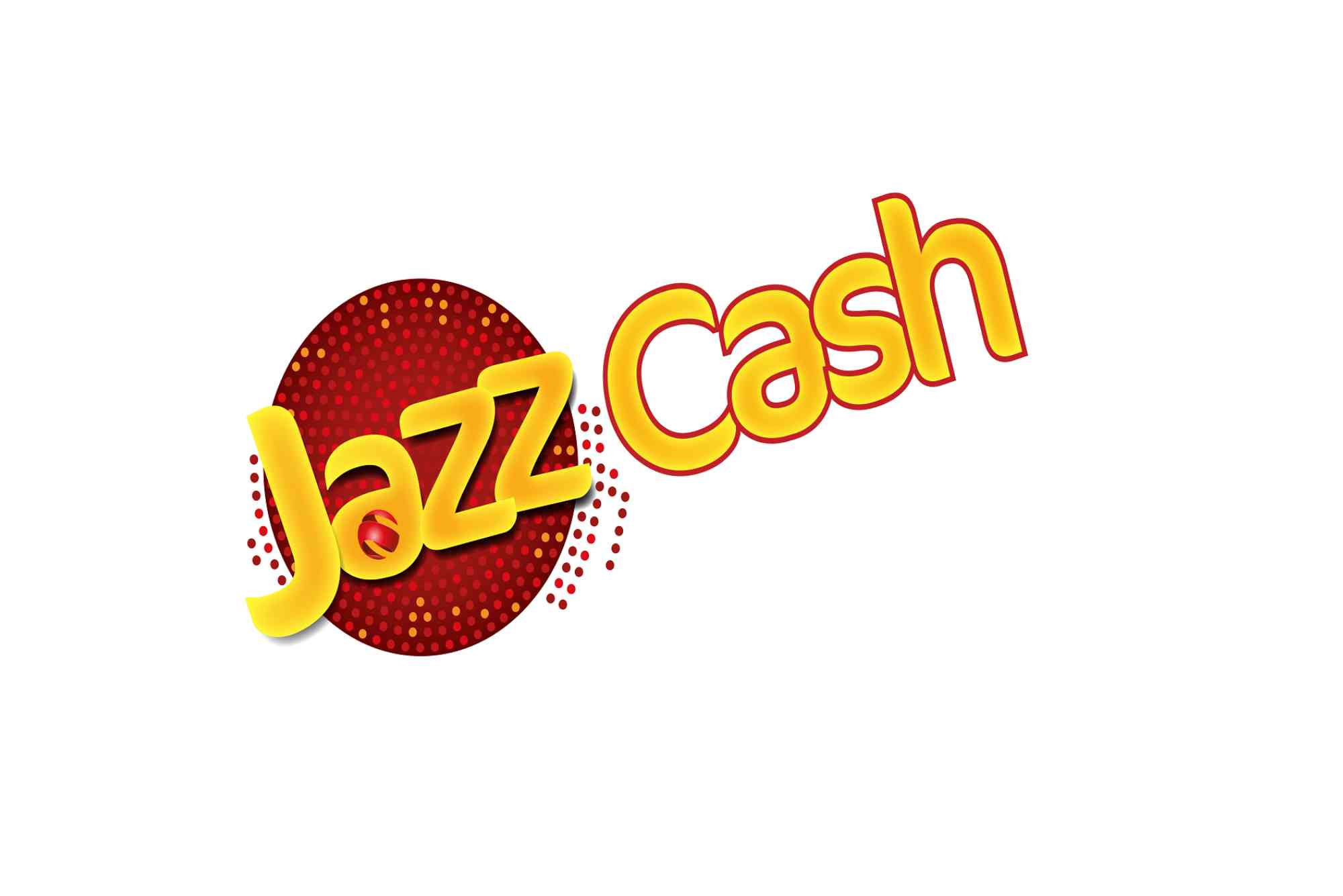Everything About Contention Meaning You Need to Know
Language is full of powerful words that shape how we communicate ideas, express emotions, and engage in debates. One such word that often appears in discussions, essays, and arguments is “contention.” Understanding contention meaning goes beyond simply knowing its definition—it’s about grasping how it’s used in real-life communication, conflict resolution, and logical reasoning. Whether you’re a student writing essays, a professional involved in debates, or just someone curious about English vocabulary, this article will give you everything you need to know about the meaning of contention, its origins, examples, and practical use.
What Does Contention Mean?
The word “contention” primarily refers to disagreement, dispute, or argument between parties holding different opinions. It can also signify a claim or assertion made during a debate or discussion. In essence, contention captures both conflict and the act of defending one’s viewpoint.
For example, in a political debate, when one speaker argues that climate change policies are ineffective, that argument represents their contention. The opposing speaker’s response becomes a counter-contention. This dynamic exchange of ideas is what makes contention an essential concept in communication and reasoning.
The Origin and Etymology of Contention
The word “contention” comes from the Latin word “contentio,” derived from “contendere,” which means “to strive,” “to fight,” or “to stretch against.” This historical root perfectly reflects the tension or struggle embedded within the term. Over time, the word evolved through Old French and Middle English to describe both verbal disputes and intellectual challenges.
Understanding its origin helps us see why contention is used not just for conflict, but also for competition, effort, and striving toward a goal.
Different Shades of Contention Meaning
While contention often implies disagreement, it carries several nuanced meanings depending on the context. Here’s a breakdown of the most common interpretations.
Contention as Disagreement
This is the most frequent usage. When two or more individuals or groups disagree strongly about a topic, that situation represents contention. For instance, “There was great contention over the new company policy.”
Contention as an Assertion or Claim
In academic writing or debates, contention refers to a central argument or claim. For example, “The writer’s main contention is that technology enhances creativity.” In this sense, contention means a statement backed by reasoning or evidence.
Contention as Competition or Rivalry
Sometimes, contention can also imply striving for victory or superiority. For example, “Several teams are in contention for the championship title.” This meaning reflects a healthy form of rivalry or competition.
Contention as Effort or Struggle
Although less common, contention can describe physical or emotional effort. “His life was one of constant contention with hardship.” Here, the word emphasizes persistence against obstacles.
Contention in Everyday Contexts
Understanding contention meaning becomes clearer when we examine how it appears in real-life situations.
In workplaces, contention may arise over resource allocation, leadership decisions, or project priorities. In relationships, it can stem from differing expectations or communication styles. In politics and public debates, contention drives discussions and reforms by challenging existing ideas.
Even in scientific fields, researchers often engage in contention by proposing theories that challenge established norms, eventually leading to innovation and discovery.
Examples of Contention in Sentences
To further clarify the meaning, let’s look at some simple yet varied examples:
-
The main contention between the parties was about the contract terms.
-
It’s my contention that education reform must start at the community level.
-
After hours of debate, the contention over budget allocation remained unresolved.
-
Several players are still in contention for the MVP award.
-
Her life has been marked by contention against injustice.
Through these examples, it’s easy to see that contention can describe both disagreement and determination.
Synonyms and Related Words
To enrich your understanding and vocabulary, here are some useful synonyms:
-
Dispute
-
Conflict
-
Argument
-
Debate
-
Assertion
-
Claim
-
Competition
Each synonym has a slightly different tone, but they all connect to the broader sense of striving, disagreement, or assertion that defines contention.
The Role of Contention in Communication
In human communication, contention plays a crucial role. Without disagreement, discussion, or differing viewpoints, meaningful dialogue and progress would stall. Contention allows people to express opposing opinions, test ideas, and refine beliefs.
Effective communicators understand that contention doesn’t always mean hostility. It can also be constructive—a way to explore perspectives, develop better solutions, and build stronger relationships.
For instance, in professional settings, healthy contention leads to innovation. Teams that respectfully challenge each other’s ideas often produce more creative outcomes. The key lies in managing contention positively, turning potential conflict into collaboration.
Contention in Academic Writing
In academic essays, “contention” has a specific role—it refers to the main argument or thesis that the writer seeks to prove. Every essay or research paper revolves around a central contention supported by evidence, reasoning, and citations.
For example:
“The author’s contention is that renewable energy can fully replace fossil fuels within the next decade.”
This usage highlights clarity and logical reasoning, showing how contention forms the backbone of persuasive writing.
Contention in Law and Debate
In legal and debating contexts, the term holds significant weight. Lawyers often present their contentions in court to establish facts or defend clients. Similarly, debaters outline key contentions in the opening statements of formal arguments.
For instance, a lawyer might say:
“Our contention is that the evidence against the defendant is circumstantial.”
This demonstrates how contention serves as a formal assertion, shaping the foundation of persuasive arguments in professional discourse.
Managing Contention in Everyday Life
Controversy and disagreement are natural parts of human interaction. However, managing contention with empathy and strategy can prevent misunderstandings.
Here are a few key strategies:
-
Listen actively: Understand the other person’s viewpoint before responding.
-
Stay calm: Emotional reactions intensify contention. Maintain composure.
-
Seek common ground: Focus on shared goals or values.
-
Use evidence: Support your contention with facts instead of opinions.
-
Respect differences: Not every disagreement needs to end in agreement.
When handled maturely, contention becomes a tool for growth rather than a source of division.
Contention in the Digital Age
In the era of social media and online communication, contention has taken new forms. Heated discussions on platforms like Twitter, Facebook, or forums often showcase both productive and toxic contention.
Digital debates can spread awareness about important issues but also polarize audiences. The key lies in distinguishing constructive contention from destructive conflict. Constructive contention invites learning; destructive contention promotes hostility.
Businesses and content creators, too, use contention strategically. For example, marketers may introduce controversial topics to spark engagement. This technique, when used ethically, can increase visibility and encourage thoughtful discussion.
For deeper insight into online marketing strategies, visit Wikipedia Content Marketing to explore how discussions and ideas are shaped in digital spaces.
Why Understanding Contention Matters
Knowing the full range of contention meaning enhances your ability to think critically and communicate effectively. Whether you’re resolving workplace disagreements, writing essays, or debating with peers, recognizing how contention operates gives you control over the situation.
It helps you separate emotional reactions from logical arguments and fosters mutual understanding even in opposing viewpoints.
Common Mistakes When Using the Word Contention
Despite being a simple word, contention is sometimes used incorrectly. Here are a few common errors to avoid:
-
Using it only for anger or hostility: Remember, contention can also mean a positive claim or competition.
-
Mixing it with content: These words sound similar but have entirely different meanings.
-
Forgetting the context: Always consider whether the sentence implies conflict, argument, or assertion.
When used correctly, contention adds sophistication and precision to your writing and speech.
(FAQs)
What is the simple meaning of contention?
Contention means disagreement or a strong argument between people or groups. It can also mean a belief or statement someone defends in an argument.
How do you use contention in a sentence?
Example: “His contention that social media harms productivity sparked a long debate.”
Is contention positive or negative?
It depends on the context. Contention can be negative when it causes conflict but positive when it leads to productive discussion or competition.
What’s another word for contention?
Words like dispute, argument, debate, or claim can replace contention, depending on the context.
How is contention different from argument?
An argument is often the act of reasoning or disagreeing, while contention refers to the main point or claim within that argument.
In summary, contention meaning extends beyond conflict—it represents the essence of debate, the power of ideas, and the human drive to express beliefs. From academic writing to professional communication, understanding how to use and manage contention can enhance your clarity, reasoning, and influence.
If you wish to elevate your writing, debate, or communication skills further, consider seeking guidance from an SEO Expert Help professional who can show you how to express your ideas effectively and confidently in the digital space.







